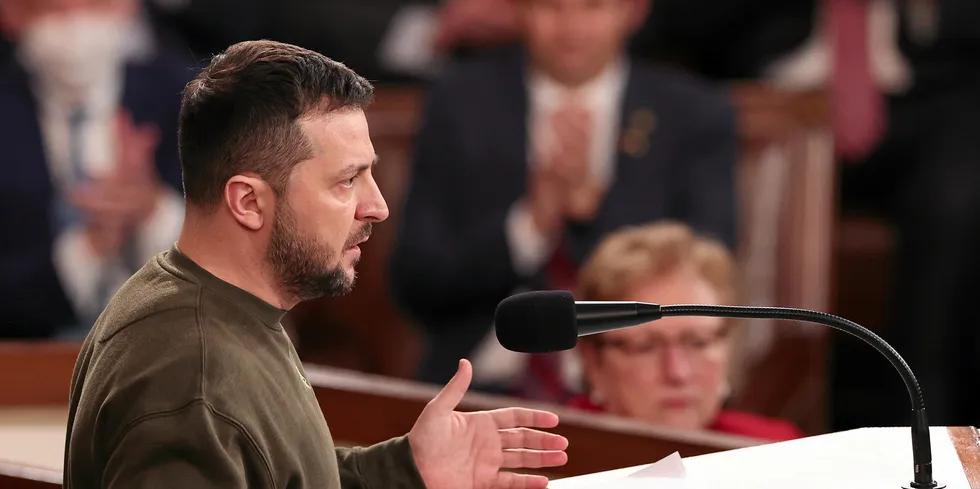'Bloody hard but possible' | Five big energy lessons from a year of Russia's war on Ukraine
On 24 February 2022, the Russian invasion of its neighbour sparked a crisis and policy response with huge implications for the global energy system – 12 months on, here are some of the key ways the world has changed
